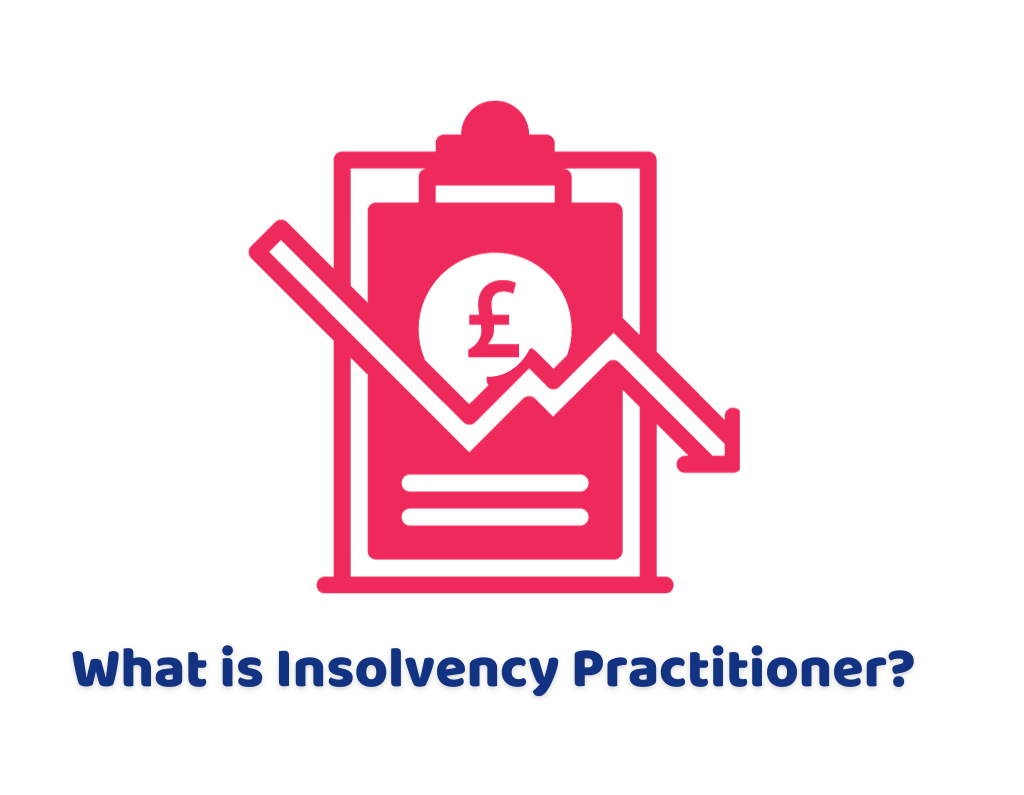What Does Insolvency Practitioner Do?
What Does Insolvency Practitioner Do?
Blog Article
4 Simple Techniques For Insolvency Practitioner
Table of Contents3 Easy Facts About Insolvency Practitioner DescribedA Biased View of Insolvency PractitionerWhat Does Insolvency Practitioner Mean?The smart Trick of Insolvency Practitioner That Nobody is DiscussingThe smart Trick of Insolvency Practitioner That Nobody is Talking About
Whether you require to use a bankruptcy expert (IP) to liquidate your company depends on different variables. While engaging a bankruptcy professional for all types of liquidation is not a legal requirement, doing so can commonly improve the procedure and ensure conformity with legal requirements. Liquidating a firm is a crucial decision that comes with significant consequences.
It is a procedure used when a firm does not have any lenders, or all of their financial institutions can be paid off completely with legal passion. Understanding the various kinds of bankruptcy processes can aid you identify the most effective training course of action for your company's liquidation or various other official insolvency treatments itself.
This is required in order to stick to legal needs - Insolvency Practitioner. This is since IPs have the required certifications and experience to make sure that the liquidation process is performed in conformity with all appropriate regulations and policies. By engaging a licensed bankruptcy practitioner, you can have tranquility of mind recognizing that your company's liquidation process will certainly be managed skillfully and in conformity with the pertinent legal demands
The Greatest Guide To Insolvency Practitioner
The bankruptcy professional is appointed as a liquidator and is in charge of taking care of the firm and liquidator's debts exceptional obligations and properties. This procedure entails selling the firm's possessions and distributing the profits to financial institutions. Upon conclusion of the procedure, the business is removed from the register at Companies Home.
Stopping working to do so can cause individual liability for the business or director for the creditor's financial obligations. Volunteer liquidation, which consists of Lenders' Voluntary Liquidation (CVL) and Participants' Volunteer Liquidation (MVL), is started by the company's directors and shareholders when they can no much longer pay their debts. In a CVL, the insolvency specialist is assigned as the liquidator, in charge of handling business financial debts and all company properties.

7 Easy Facts About Insolvency Practitioner Shown
By evaluating the competence and experience of prospective insolvency practitioners, you can make certain that you pick a specialist that possesses the needed credentials to manage your company's liquidation procedure efficiently. While insolvency practitioner-led liquidation is frequently the most suitable strategy for companies encountering insolvency, there are alternative strategies to think about, such as striking off and partial liquidation.
It's necessary to assess all readily available alternatives prior to picking the following finest remedy or program of action for your organization. Striking off business' registers is a much more simple and cost-efficient means to shut inactive or tiny business without debts or possessions. To strike off a company, its name is eliminated from the Companies House register by submitting type DS01.
Prior to selecting striking off, it's crucial to weigh the advantages and disadvantages of this approach and think about whether it's the appropriate selection for your company. Partial liquidation is an additional alternative to insolvency practitioner-led liquidation, wherein a company sells off specific properties and obligations while remaining to run with the remaining possessions and responsibilities.
A Bankruptcy Practitioner will certainly have the ability to advise you of the finest strategy to take and make certain that whatever runs smoothly. It is not possible to sell off a business without a liquidator. Designating an authorised bankruptcy practitioner is required for the process of voluntary liquidation to begin.
The Best Strategy To Use For Insolvency Practitioner
It is feasible to shut and liquidate your company without making use of a liquidator, provided your company is solvent and you fulfill the eligibility requirements to dissolve or liquidate it. Nonetheless, if your firm is bankrupt, you may be called for to utilize a liquidator and begin official bankruptcy procedures. blog here Here are some other insightful articles concerning business liquidation in the UK:.
Being in a setting where you're incapable to pay your business's creditors is extremely stressful. In an attempt to stay clear of increasing the level of financial debt, numerous business attempt to negotiate straight with their lenders and concur to a casual arrangement. If the debt is rather little and owed to one creditor, and the lender is being cooperative, participating in an casual debt setup is most likely the finest solution, instead of looking the web for 'a bankruptcy practitioner near me'.
On the various other hand, if there are multiple creditors and the level of financial debt is large, lenders may not be so willing or participating. In order to prevent liquidation or personal bankruptcy, it is better to work with an insolvency practitioner to formulate formal proposals and work out with creditors on your behalf.
Insolvency Practitioner - Truths
Whilst it is a way to take care of financial obligation, there are significant dangers entailed with this type of financial obligation setup - Insolvency Practitioner. If a lender wants to participate in a casual setup (IA) wherein the borrower has actually consented to make normal, if reduced, repayments to settle the financial obligation, it is very important to adhere to the contract

The financial institution is within their rights to back out of the contract and petition the courts for your company to be sold off at any kind of time. A formal plan that has been proposed by a bankruptcy expert in your place, and concurred by a lender, supplies a much safer option.
Report this page